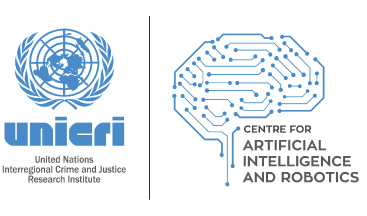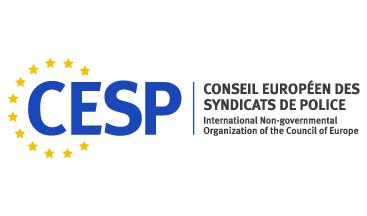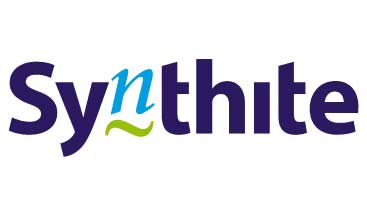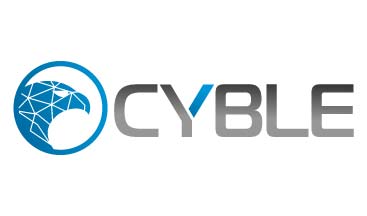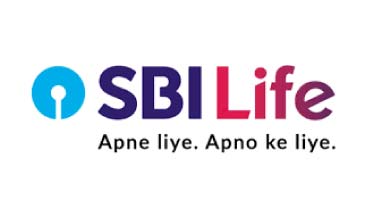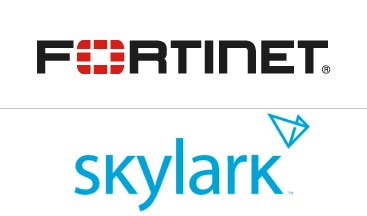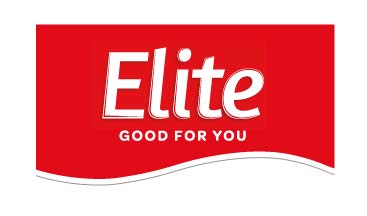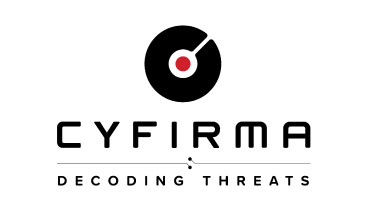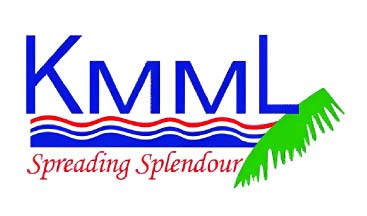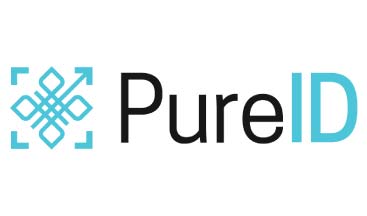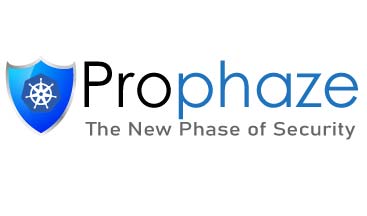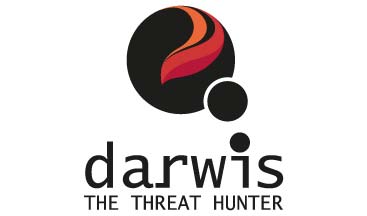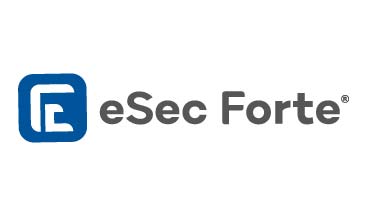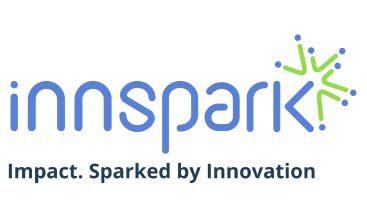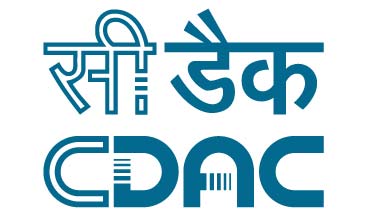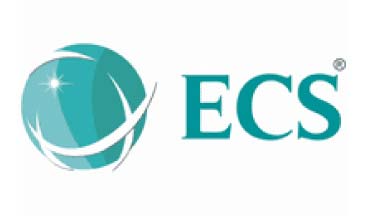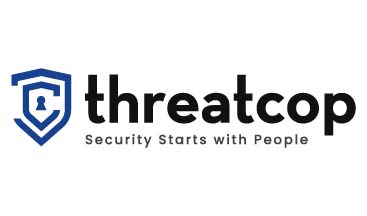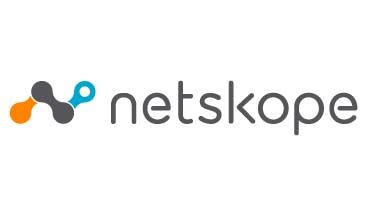Bypassing Windows OS Hardening & end-point protection apps
Oct 4th and 5th, 2023Grand Hyatt, Kochi, India
WS-04
Bypassing Windows OS Hardening & end-point protection apps
With growing usage of desktop applications in various segments like aviation, healthcare, public infrastructure, logistics, finance, education, hospitality and many more in the form of kiosk / un-attended systems in public, it opens scope of information & network security. Also with change in way of work getting flexible from home due to Covid-19, this increases the responsibilities of enterprises to have their systems run safely using multiple endpoint protection tools like DLP/EDR/KIOSK/PAM etc..
This training course would target such areas where systems are secured via hardening using Windows/3rd party tools and how we can evade hardening to gain unrestricted system access. After having system access trying to elevate privilege within the Windows system.
Learning these techniques would help in pentest, designing tools securely which can be used in commercial products or enterprise systems.
Course Content (ToC):
- Day 1:
- Setting up OS Hardening with custom scripts
- Win10 KIOSK Bypass techniques to access restricted windows components like creds. manager, certificate store, registry, filesystem, etc.
- Group policies and Registry restriction bypass
- Various techniques to access command prompt / powershell when blocked via sys. admin
- UWF (unified write filter) bypass technique
- Accessing restricted Control Panel components
- Kiosk apps bypass via Unquoted service path & least privilege principle
- bcdedit, insecure boot to evade DLP/EP softwares/KIOSK
- Gaining Command execution via compiling binaries, using other platform binaries, extension precedence rule, shortcuts, task scheduler, ActiveXObject, etc..
- Day 2:
- Applocker restriction rules and various bypass techniques
- EDR evasion techniques:
- Win32 API primer
- process injection
- process hollowing
- basic & heuristics bypass
- in-memory execution
- offensive VBA
- VBA Stomping
- VBA Obfuscation
- AMSI bypass
- Compiling your own payload to evade detection and execute desired code
- Using ReactOS to evade signature based app restriction
Who should take this training:
Pentesters, Security architects or developers who want to have security by design in their products, Windows administrators, security professionals from IT security
Who would not be a good fit for this training:
People focusing on any other OS apart from Windows, People Looking for Network Assessments/core Anti-virus evarion/Fuzzing/Kernel exploitation/Forensics.
Audience level:
Intermediate
Student Requirement:
- Basic Knowledge of how any OS works and how thick client works
- Basic Knowledge on how to use VirtualBox
- Although there would be few scripts used during the session, but it's completely fine if you do not have scripting/programming expertise.
- Windows 10 Evaluation VirtualBox VM (90 days trial / License if they have)
- List of other tools would be shared to participants
Speakers

Kartik Lalan
Sr. Security Engineer , PIC (Independent) , India Product Security Engineer @ Security Centre of Excellence – Philips Innovation Campus. He is M.Tech. in CS with Specialization in Information & Network Security. He conducts frequent talks and workshops on Info Sec topics @ several places including C0C0N, Bsides Delhi & Bangalore Chapter, OWASP, Null A'bad & Bangalore Chapter, DroidCon-IN. Kartik loves to write technical Blogs in his leisure time

Aravind C Ajayan
Sr. Security Engineer , PIC (Independent) , India Sr. Security Engineer with Philips and is part of the Security Centre of Excellence team. Aravind's primary areas of expertise are web/thick client application penetration testing, hardened system security, network security, and windows active directory security. He has helped to fix severe issues in IMS(Internet Management Software) solutions through responsible disclosures. Aravind pursued his master's in Cyber Security Systems and Networks from Amrita Vishwa Vidyapeetham, Coimbatore. He is an Offensive Security Certified Professional (OSCP) and has published several research papers on security in IEEE and Springer




